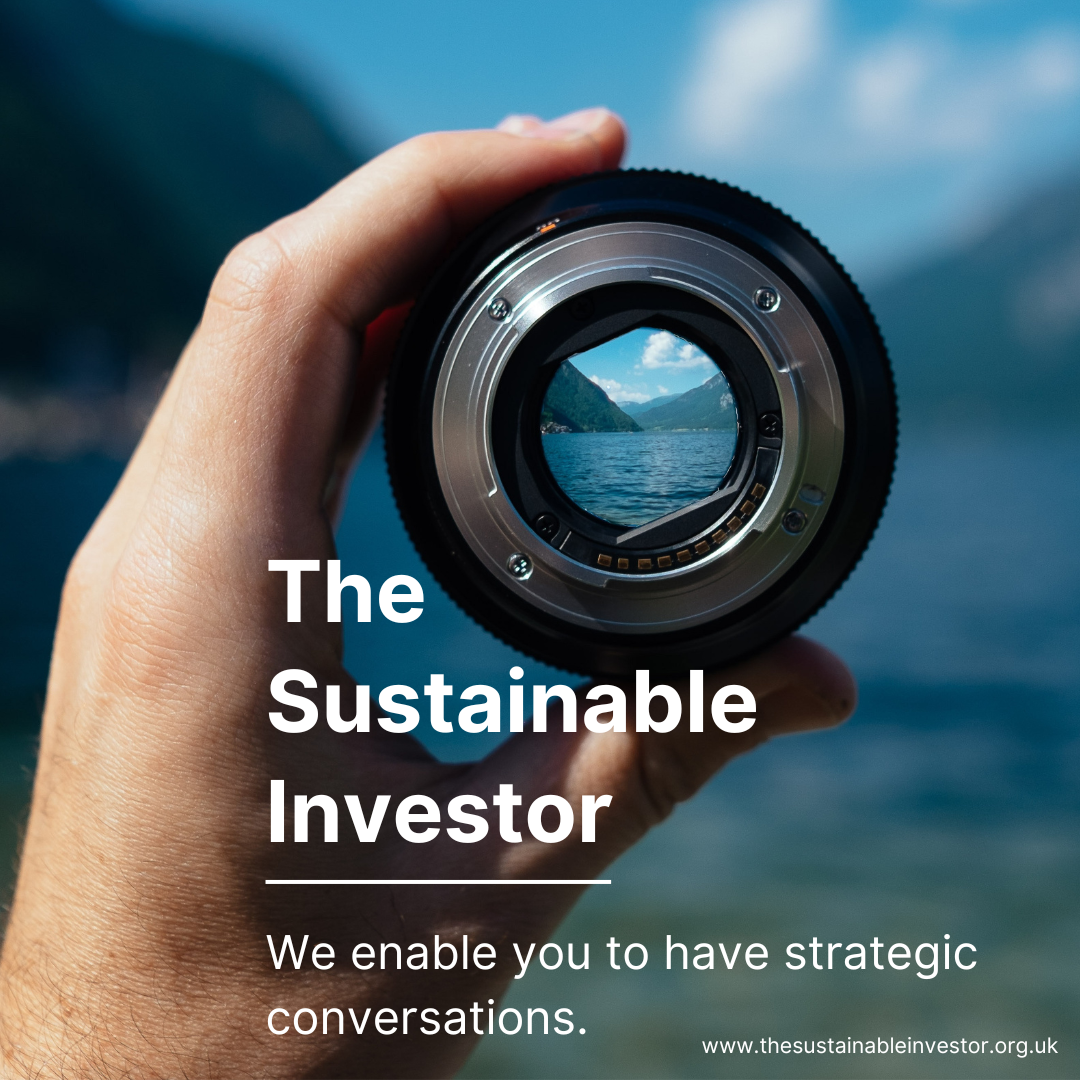
Trying to keep industry in Europe?
With sluggish growth, high energy costs and over regulation is their a risk that production moves out of Europe?
Summary: BMW has said its hatchback and small SUV electric Minis will be built in China. BASF recently announced that it was seeking permanent cost cuts in Europe, quoting “the triple burden of sluggish growth, high energy costs and over regulation”.
Why this is important: Electrification could become a meaningful driver of competitive advantage for many industries in Europe.
The big theme: Where industry is located, especially when a new plant is being considered, has always been a 'battle of the subsidies'. Companies understandably encourage countries or regions to compete. But, at the end of the day, it's often fundamentals that win out. Where does it make economic sense for manufacturing to take place, does the region have a skilled workforce, does it have good access to raw materials and end markets, and increasingly now, what does regulation look like and how cheap (or expensive) are energy costs.

The details
Summary of a story from The BBC:
BMW has said its hatchback and small SUV electric Minis will start being built in China. Plus, its electric Countryman model will be built in Leipzig, Germany. A UK transport minister has said BMW's decision to move production of electric Minis to China was "very unfortunate", but that she was "not concerned" about the future of electric car production in the UK.
Let's take a look at why this is important...
Why this is important
The UK minister might be right when she said that “some companies will come into the market and some will leave". But there seem to be more companies than usual thinking of leaving. BASF recently announced that it was seeking permanent cost cuts in Europe, quoting “the triple burden of sluggish growth, high energy costs and over regulation”. In its third-quarter results, the company said it would reduce annual costs by €500m in Europe up to 2024, including job cuts. The cutbacks in Europe contrast with a €10 bn chemical complex that BASF plans to build in Zhanjiang, southern China, to run entirely on renewable energy.
A recent FT article suggests that executives from a range of heavy industries are warning politicians that they could be forced to move production to parts of the world that can offer cheaper and more reliable energy. And there is increasing concern about the impact of the US Inflation Reduction Act on competition, with worries that benefits for American electric vehicle makers would put vehicles made in the EU at an unfair disadvantage in the lucrative US domestic market.
We don’t suggest that investors should assume that all those threatening to move will do so. But Europe has a lot to lose if well paid jobs in industry are lost. Under pressure from member states, the rules on state aid are being relaxed, which was almost inevitable after Germany announced its latest subsidy package of up to €200 billion, meant to shield its companies and households from soaring energy prices.
We suggest this is a good time for European industrial companies to put pressure on governments to provide even more financial aid to accelerate decarbonisation. Taking a longer term view, electrification could become a meaningful driver of competitive advantage for many industries, as the push to net zero gathers pace. Plus, the shift away from gas that it enables could provide a positive boost to energy security. But it could end up being a double-edged sword for the existing industrial powerhouses. A report from Rystad Energy, suggests that “Iberia is well positioned to compete with – and even replace – the current energy industrial hub in northern Europe,”
Something a little more bespoke?
Get in touch if there is a particular topic you would like us to write on. Just for you.
Contact us
Please read: important legal stuff.

